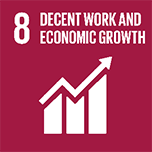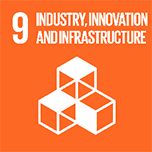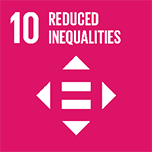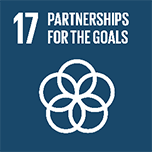Dean of Department of Social System Design and Professor
Ph. D.
Office’╝ÜRoom 716
E-mail’╝Üyasui@eikei.ac.jp
Office Hours’╝ÜAppointment required
Website’╝Ühttp://lab.sdm.keio.ac.jp/idc/yasui/index.html
Academics
AcademicsFaculty Information
YASUI Toshiyuki
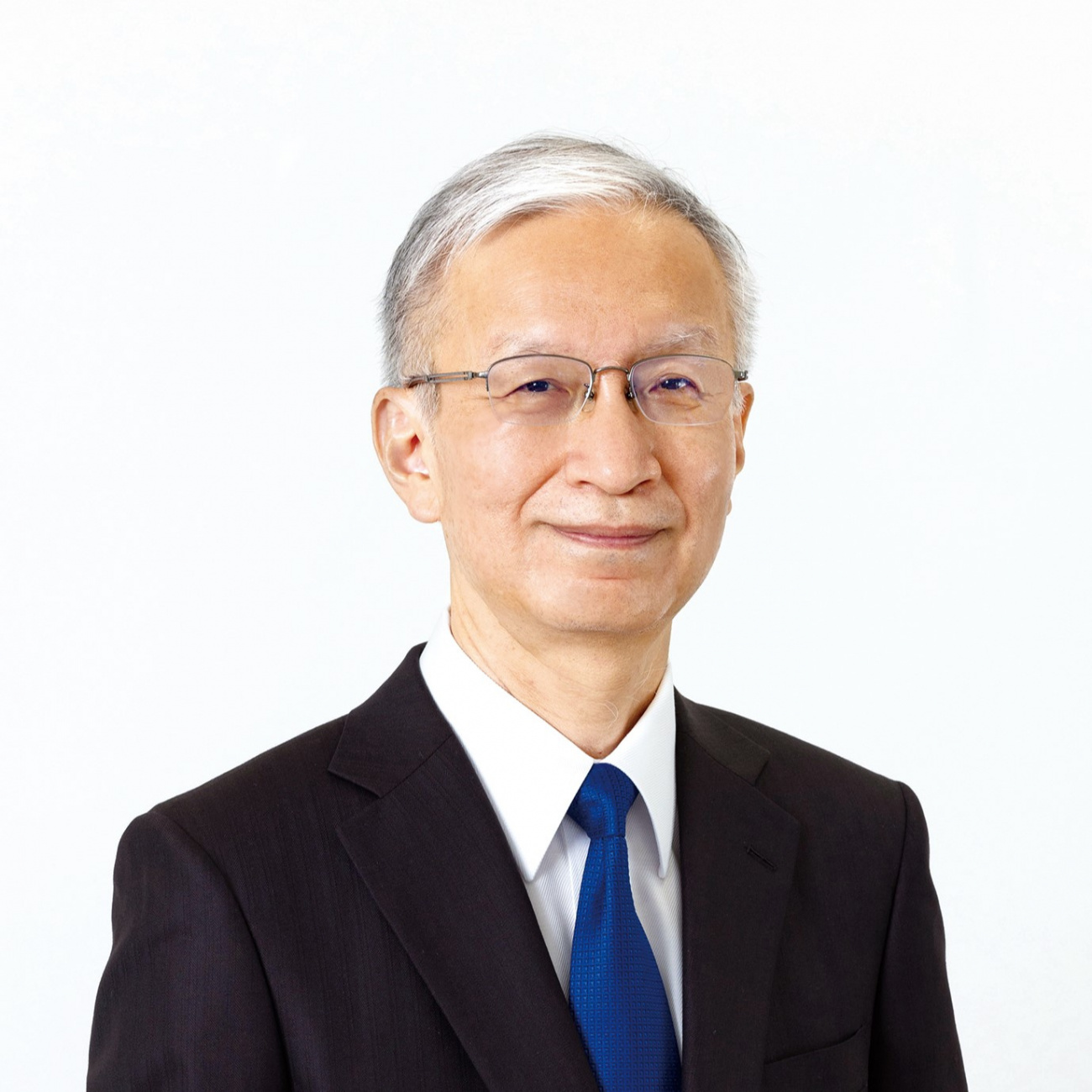
Profile
After graduating from the University of Tokyo in 1985, he worked in major positions at the Ministry of Financial Services Agency as well as various international organizations and overseas embassy in Paris, India, and Washington DC. He then served as executive managing director of the Regional Economy Vitalization Corporation of Japan, and represented Japan and five other countries at the Inter-American Development Bank(IDB). He has also served as Guest Professor and other titles at the Graduate School of System Design and Management of Keio University since 2008. He is certified by PMI in the US as a Project Management Professional and serves as Board of Counsil member for the Japan Creativity Society, as vice-president of the Japan Association of Regional Development and Vitalization, and as auditor for the Society of Well-being.
Academic Field / Expertise
Social System Design, Public Policy
Courses to Offer
Public Management Theory
Studies in Socioeconomic System
SDGs, the world and us
Introduction to Social System Design
Summary of the Research Undertaken
This researcher studies the methodology to construct core question for social issues that do not have a "correct answer", and to grasp the solutions as oneness by breaking the shell of creativity and intuition (design thinking) for the well-being of the world and individuals. He researches a methodology called ŌĆ£social system designŌĆØ that can be systematically proposed to the society as a new value (system thinking) and skills to carry on a project (project management).
Research Themes
- Development and validation of methodology that emerge social innovation.
- Development and validation of social design methodology to positively change the world.
- Method to development and validate the concept of well-being-centered design.
- Development of a methodology for social design of local currencies that improves the subjective well-being at local communities.
- Development of the correlation between job engagement, subjective well-being, and corporate growth as well as its design methodology.
- Development and validation of dialogue methods that promote social innovation.
- Construction of a mechanism to enhance subjective well-being and revitalization of local communities and verification by promoting social-capital-based connections among local residents.
- Development of architecture to establish "ba" design and to enhance subjective well-being of local residents for revitalization.
- Development and verification of a methodology to emerge innovation using system and design thinking.
- Development and verification of financial methods in which finance creates new value to enhance subjective well-being of local residents.
Details of the Research
In order to realize the society where both the earth and individuals are in the state of well-being, the researcher studies the academic framework of design thinking, systems thinking and project management to explore solutions to various social issues, which is creative methodologies to be put into practice. The methodology is called social system design.
The central concept of the methodology is "well-being-centered design", which is advanced from the human-centered design, to design well-being both for the earth and individuals.
Since quality and quantity of human connections is scientifically proved to correlate with subjective well-being, the researcher focuses upon design of local currency that mediates local socio-economic activities to strengthen social capital for enhancing subjective well-being. The researcher particularly pays attention to the academic approach to identify currency for paying-it-forward, and are studying how it is related to enhance the user's subjective well-being.
The researcher also studies the correlation between job engagement, subjective well-being of corporate employees and corporate growth in the fields of the design methodology and validation. Studies are forwarded to the fields of the dialogue theories to enhance social innovation.
The researcher is member of the Japan Academic Society of Regional Revitalization, and councilor of the Japan Creativity Society.
List of Papers
- Okuyama, M., Sakakura, K., Yasui, T., Maeno, T. (2019) ŌĆśBuilding an Open Innovation Model over a Horizontal Network by Applying the Open Innovation Theory on SMEs in Japan-From a Case Study on Shitamachi Bobsleigh Network Project in Ota City, Tokyo', International Journal of Entrepreneurship and Small Business, in press [peer-reviewed]
- Toshiyuki Yasui, Seiko Shirasaka, Takashi Maeno (2014) ŌĆśDesigning Critical Policy Infrastructures by Participatory Systems Analysis: The Case of FukushimaŌĆÖs ReconstructionŌĆÖ, International Journal of Critical Infrastructures, Vol. 10, Nos. 3/4, pp. 334-346ŃĆĆ[peer-reviewed]
- Ockie J.H. Bosch, Nam C Nguyen, Takashi Maeno, Toshiyuki Yasui (2013) ŌĆśManaging Complex Issues through Evolutionary Learning LaboratoriesŌĆÖ, Systems Research and Behavioral Science, Volume 30, Issue 2, pp. 116-135ŃĆĆ[peer-reviewed]
- Toshiyuki Yasui (2011) ŌĆśA New Systems-Engineering Approach for a Socio-Critical System: A Case Study of Claims-Payment Failures of the JapanŌĆÖs Insurance IndustryŌĆÖ, International Council on Systems Engineering (INCOSE), Systems Engineering Journal, Vol. 14, No. 4, pp. 349-363ŃĆĆ[peer-reviewed]
- Toshiyuki Yasui, Madoka Maeno, Naoko Hirota, Takashi Maeno (2015), ŌĆśSystemic Expansion of Solution Space for Social Innovation: Structured Multiplication Approach to Solve Social IssuesŌĆÖ, Proceedings, The 9th Asia-Pacific Council on Systems Engineering Conference (APCOSEC 2015), Seoul, Korea, October 13-15, pp. 542-548ŃĆĆ[peer-reviewed]
Books and Other Publications
- Shimizu, M. and Yasui, T., ŌĆśChapter 19 Great East Japan Earthquake Disaster in 2011: Lessons for Public ManagementŌĆÖ, pp.457-478, in Brown, D.C.G. and Czaputowicz, J. (eds), Dealing with Disaster: Public Capabilities for Crisis and Contingency Management, IIAS Public Governance Series (Vol. 2, 1st Edition), Brussels: IIAS-IISA, ISBN:979863200705
- Okuyama, M., Yasui, T., Maneo, T. and Sakakura, K., ŌĆśChapter 11: The empirical study on the emergence and diffusion process of design-driven innovation initiated by knowledge creation: from the field study in the industrial cluster of the Sumida Ward, TokyoŌĆÖ, pp. 230-258, Bernhard, I., Gr├źsj├Č, U., and Karlson, C. (eds.), Diversity, Innovation And Clusters: Spatial Perspectives, Cheltenhom, UK: Edward Elgar Publishing, May 2020, ISBN:9781789902570
- Toshiyuki Yasui, Takashi Maeno, Seiko Shirasaka, Yoshikazu Tomita, kanenori Ishibashi, ŌĆśWorkshop-based Policy Platform for Public-Private Partnership (WP5): Designing Co-Creative Policy-Making Platform for Regional Development of Nagano' , pp. 287-301, Kazuto Imazeki, Toshiyuki Yasui, Takashi Maeno, ŌĆśAn Evaluation Method of a Service Business Model Using Wants Chain Analysis' , pp. 523-538, Kazuto Imazeki, Toshiyuki Yasui, Takashi Maeno, ŌĆśDesign Method of Target CustomerŌĆÖs WANTs for a Service Based on Classification of Services Using WANTs' , pp.539-550, Takashi Maeno, Yuriko Sawatani, Tatsunori Hara (Eds.), Serviceology for Designing the Future: Selected and Edited Papers of the 2nd International Conference on Serviceology, New York: Springer, November 2016, ISBN 978-4-431-55861-3
- Yasui, T., Shirasaka, S., Maeno, T., ŌĆśChapter 6: Methodology of Workshop-Based Innovative System Design Grounded in Systems Engineering and Design ThinkingŌĆÖ, pp.79-89, Maeno, T., Shirasaka, S., Yasui, T., ŌĆśChapter 7: Wants Chain Analysis: Analysis and Design Methods of Social Systems Taking into Consideration the Diversity of PeopleŌĆÖs NeedsŌĆÖ, pp. 91-105, Kwan, Stephen K., Spohrer, James C., Sawatani, Y. (Eds.), Global Perspectives on Service Science: Japan, New York: Springer, June 2016, ISBN978-1-4939-3594-9
- Nishimori, M., Kanke, M., Tsutsuki, A., Kohtake, N., Shirasaka, S., Yasui, T., ŌĆśOptimal Policy Design for Disaster-Hit Area of Japan: Bottom-Up Systems Analysis of Special Zone for Reconstruction by the ISDMŌĆÖ, in Gheorge, A.V., Masera, M., Katina, P.F. (eds.), Infranomics: Sustainability, Engineering Design and Governance, New York: Springer, December 2013, ISBN978-3319024929
Professional Qualifications
- Project Management Professional (certified by Project Management Institute)






